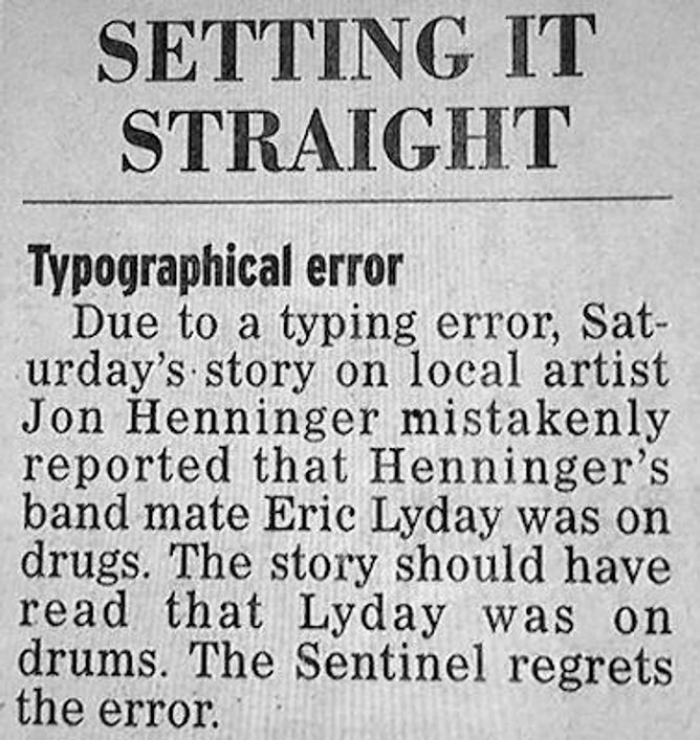In a legal sense retraction is the act of taking back — or disavowing — a defamatory statement made about an individual or a group that is false, incorrect, or invalid.
An effective retraction corrects the original statement and often enables a defendant who is charged with defamation, which is not considered to be protected by First Amendment freedoms of speech or press, to mitigate damages he or she otherwise would have had to pay.
Many states have retraction statutes that can reduce liability for incorrect defamatory statements
Retraction statutes vary considerably from state to state. (33 states have retraction statutes.) Some statutes apply only to statements that were made in good faith. Some state laws apply only to newspapers, while others apply only to media defendants.
The measures also vary considerably in the time period within which a retraction must be issued, ranging from 48 hours to three weeks. Generally, the statutes or common law rulings require that a retraction be full and effective. Some statutes require the retraction to be displayed as prominently as the offending defamatory statement.
In many states defendants can reduce their liability if they properly comply with the state’s retraction statute.
Under Tennessee’s statute, for example, a media defendant cannot be held liable for punitive damages if the defendant properly complies with the law. Other states — Pennsylvania, for example — do not have a specific retraction statute but provide for the concept in their common law.
David L. Hudson, Jr. is a law professor at Belmont who publishes widely on First Amendment topics. He is the author of a 12-lecture audio course on the First Amendment entitled Freedom of Speech: Understanding the First Amendment (Now You Know Media, 2018). He also is the author of many First Amendment books, including The First Amendment: Freedom of Speech (Thomson Reuters, 2012) and Freedom of Speech: Documents Decoded (ABC-CLIO, 2017). This article was originally published in 2009.

